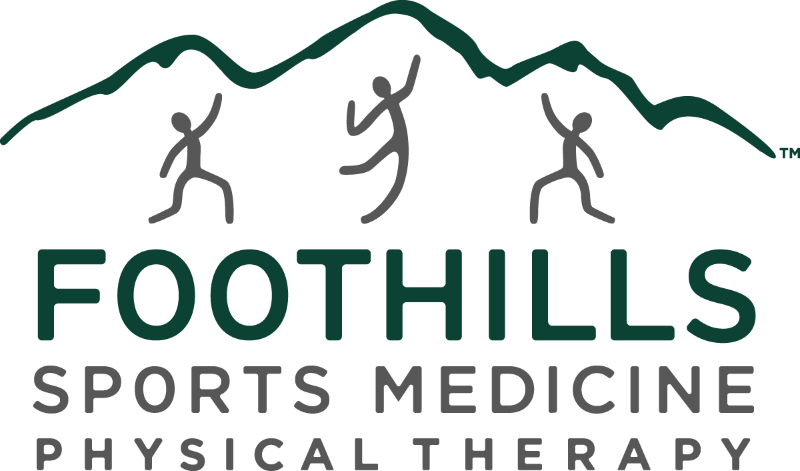Many of us have experienced a “pop” at one time or another. Whether it was intentional from cracking the knuckles on our hands, or unintentional from a random movement, we have felt the ensuing relief of pressure or discomfort.
There are many definitions for spinal manipulation, but the consensus is that it is a manual therapy technique in which a passive movement is applied to a joint, with small amplitude and in a quick fashion. This is also known as High Velocity Low Amplitude thrust manipulation. The origin of the resulting “pop” is not entirely known, though the most widely accepted theory revolves around the production of gas bubbles as the joint space increases followed by the collapse of the gas bubbles, which produces the familiar “pop” sound.
To many, the idea of spine manipulation can be unnerving, as the spine is such an important structure. However, when performed correctly by a skilled physical therapist, spinal manipulation is extremely safe. According to one study, the risk of worsening a lumbar disc herniation is 1 in 3.7 million.
First, your therapist will screen you for any red flags, or contra-indications, that may exclude you from being a candidate for spinal manipulation. Your therapist will then place you in the proper position to manipulate a specific joint and apply a small, but rapid force to the joint, causing a cavitation in which you will likely feel, and hear, multiple pops. These manipulations can be performed at various levels of the spine including the lumbar (low back), thoracic (mid back), or cervical (neck). Your physical therapist will decide the proper area to manipulate based on your individual symptoms.
In addition to spinal manipulation, you may experience other manual therapy techniques and will be taught exercises that re-enforce the effects of spinal manipulation and help facilitate your recovery.
Spinal manipulation can be used to facilitate movement and relieve pain for a variety of conditions. If you experience or have been diagnosed with low back pain, neck pain, mid back pain, headaches, jaw pain, disc bulge or other conditions, you are a candidate for spinal manipulation.
Interested in learning more? Request an appointment at your local Foothills Sports Medicine clinic to receive hands on physical therapy that will get you back to doing what you love.
How Spinal Manipulation Can Help You




